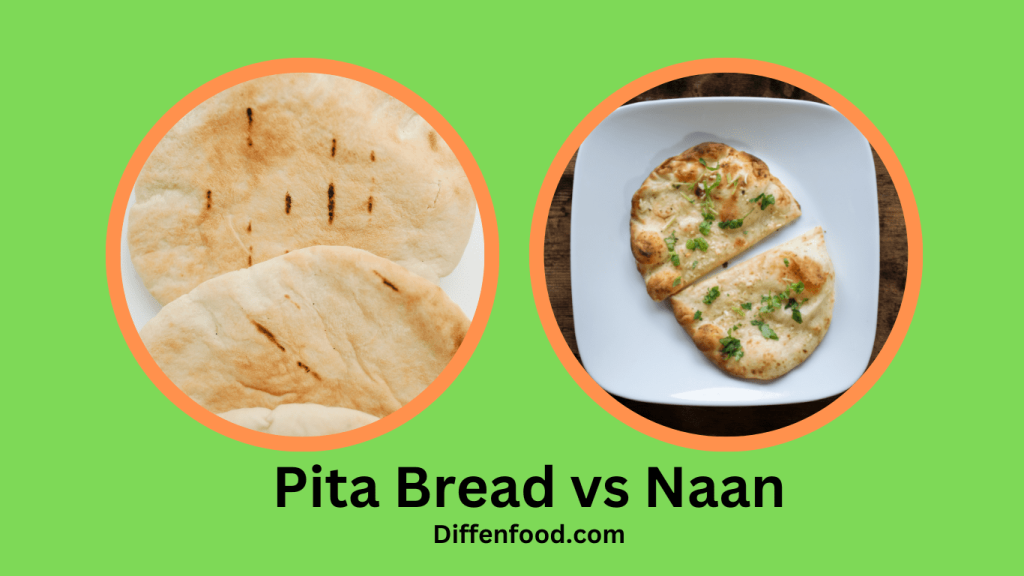
Vegetable oil is a versatile ingredient used in many recipes around the world. It is a basic staple in many kitchens, and many chefs swear by it. However, it’s not always the best option. Depending on the dish, and the desired flavor, there are other alternatives that can be used as a substitute for vegetable oil. In this guide, we’ll explore the different types of oil available and how they can be used to substitute for vegetable oil.
What is Vegetable Oil?
Vegetable oil is a common cooking ingredient made from vegetable fats and oils. It is typically made from a variety of plant sources such as corn, sunflower, canola, soybean, safflower, and olive oil. It is used in a wide range of food preparation methods, from baking and frying to sautéing and roasting.
Vegetable oil is a popular oil choice due to its cost-effectiveness and availability. It is also relatively easy to find in grocery stores and supermarkets. It is also a good source of essential fatty acids, which are important for maintaining healthy levels of cholesterol and triglycerides in the blood.
Different Types of Oil
There are a variety of different types of oil that can be used in place of vegetable oil. Different oils have different flavor profiles, and some are better for certain dishes than others. Here are some of the most popular types of oil that can be used to substitute for vegetable oil.
Coconut Oil
Coconut oil is a popular substitute for vegetable oil due to its high smoke point and distinct flavor. It is made from the flesh of mature coconuts and is rich in medium-chain fatty acids. It has a light coconut flavor and is great for baking, roasting, and sautéing.
Olive Oil
Olive oil is another popular substitute for vegetable oil. It is made from pressed olives and is a great source of antioxidants. It has a light, nutty flavor and is great for baking, roasting, and sautéing.
Avocado Oil
Avocado oil is made from pressed avocados and has a mild, nutty flavor. It is high in monounsaturated fats and has a high smoke point, making it great for high-heat cooking methods such as roasting, baking, and grilling.
Peanut Oil
Peanut oil is made from pressed peanuts and has a light, nutty flavor. It is high in monounsaturated fats and has a high smoke point, making it great for high-heat cooking methods such as roasting, baking, and grilling.
Sesame Oil
Sesame oil is a popular oil used in Asian cooking. It is made from pressed sesame seeds and has a distinct nutty flavor. It is great for stir-frying, sautéing, and adding flavor to dishes.
Canola Oil
Canola oil is made from pressed canola seeds and is a great source of monounsaturated fats. It has a mild flavor and is great for baking, roasting, and sautéing.
Sunflower Oil
Sunflower oil is made from pressed sunflower seeds and has a mild, nutty flavor. It is high in monounsaturated fats and has a high smoke point, making it great for high-heat cooking methods such as roasting, baking, and grilling.
Benefits of Using Substitute Oils
There are many benefits to using a substitute oil for vegetable oil. Different oils have different flavor profiles, and some are better for certain dishes than others. For example, coconut oil is great for baking and roasting, while sesame oil is great for stir-frying and sautéing.
Using a substitute oil can also help to add more flavor to a dish. Different oils have different flavor profiles, and some are better for certain dishes than others. For example, coconut oil has a distinct coconut flavor that is great for baking and roasting, while olive oil has a light, nutty flavor that is great for sautéing and roasting.
Using a substitute oil can also help to add more nutrition to a dish. Different oils have different nutritional profiles, and some are better for certain dishes than others. For example, olive oil is a great source of antioxidants, while coconut oil is high in medium-chain fatty acids.
Tips for Substituting Oil
When substituting oil, it is important to consider the flavor profile of the type of oil you are using. Different oils have different flavor profiles, and some are better for certain dishes than others. For example, coconut oil has a distinct coconut flavor that is great for baking and roasting, while olive oil has a light, nutty flavor that is great for sautéing and roasting.
It is also important to consider the smoke point of the type of oil you are using. Different oils have different smoke points, and some are better for certain dishes than others. For example, olive oil has a low smoke point and is not suitable for high-heat cooking methods such as frying, while coconut oil has a high smoke point and is great for baking, roasting, and sautéing.
Finally, it is important to consider the nutritional profile of the type of oil you are using. Different oils have different nutritional profiles, and some are better for certain dishes than others. For example, olive oil is a great source of antioxidants, while coconut oil is high in medium-chain fatty acids.
Conclusion
Vegetable oil is a versatile ingredient used in many recipes around the world. It is a basic staple in many kitchens, and many chefs swear by it. However, it’s not always the best option. Depending on the dish, and the desired flavor, there are other alternatives that can be used as a substitute for vegetable oil. In this guide, we have explored the different types of oil available and how they can be used to substitute for vegetable oil. We have also discussed the benefits of substituting oil, as well as tips for substituting oil. When substituting oil, it is important to consider the flavor profile, smoke point, and nutritional profile of the type of oil you are using. By using these tips, you can find the best substitute for vegetable oil for your dish.


